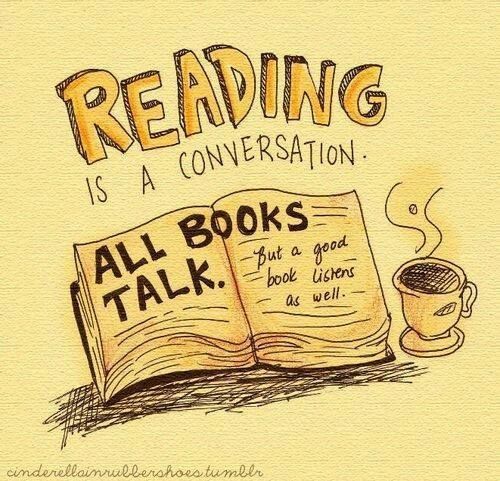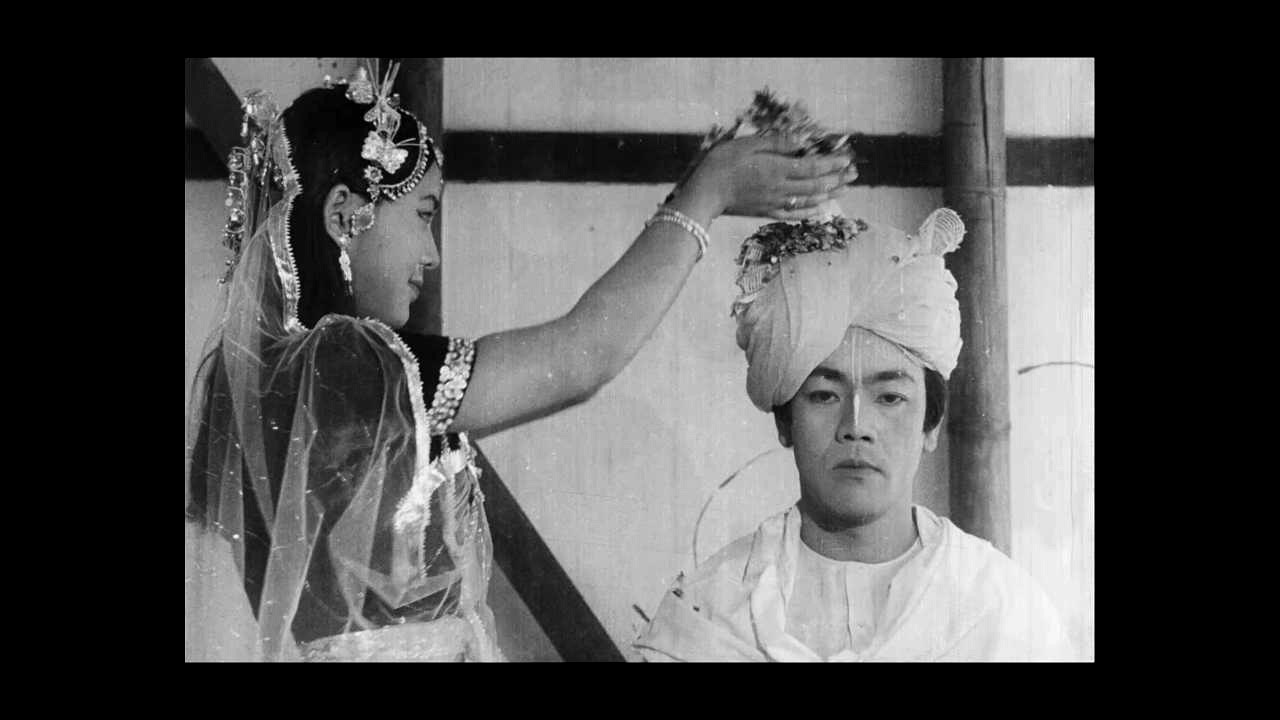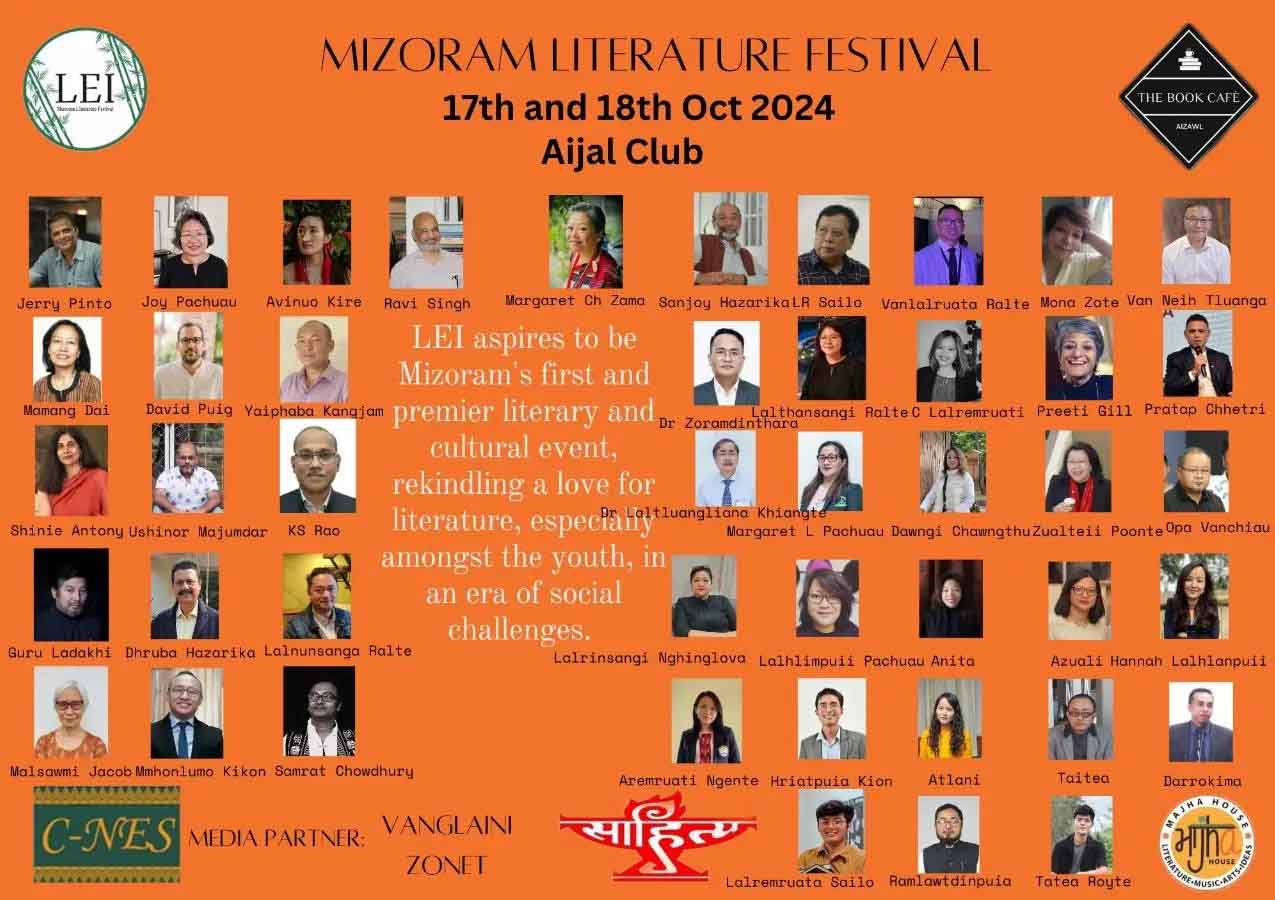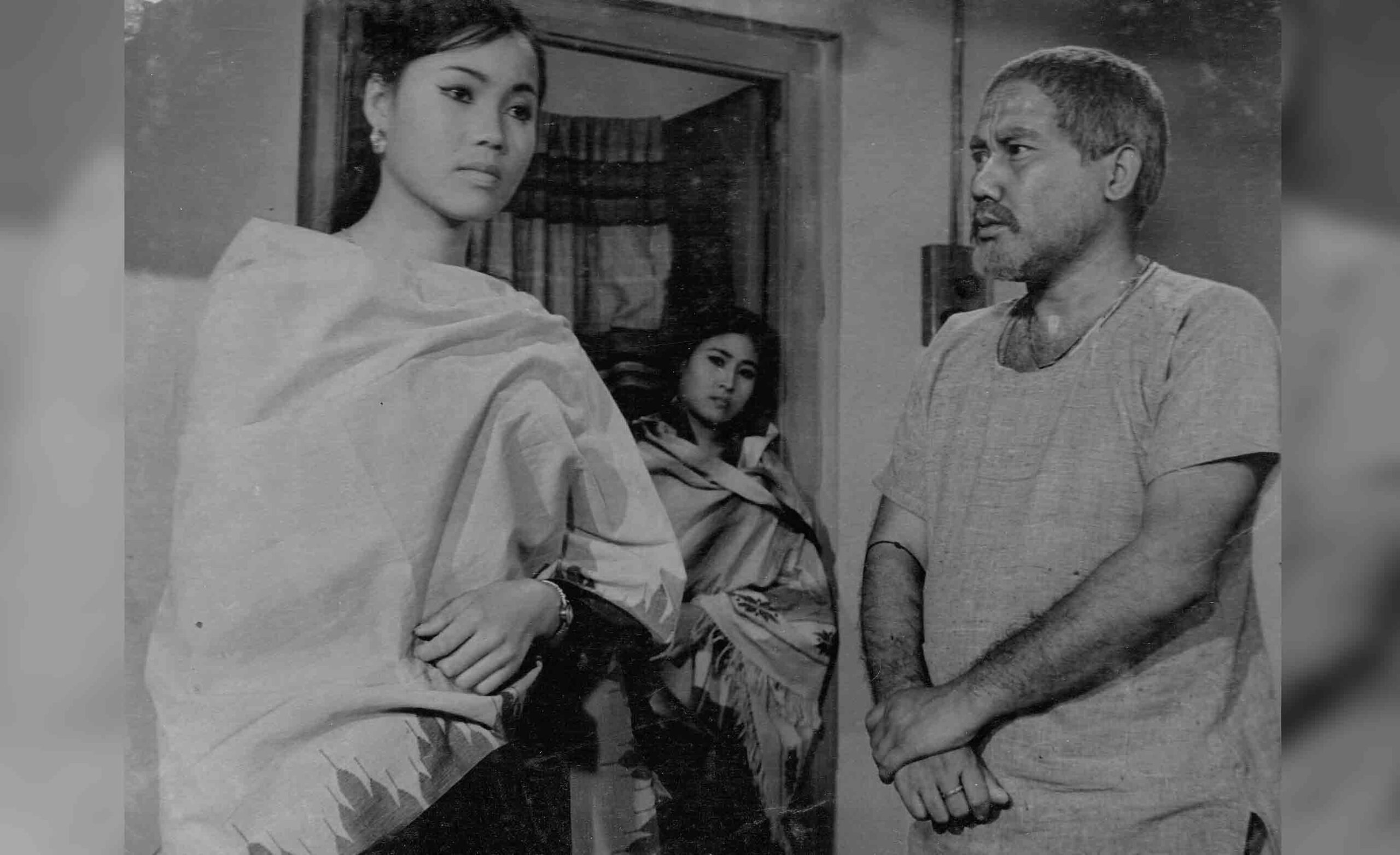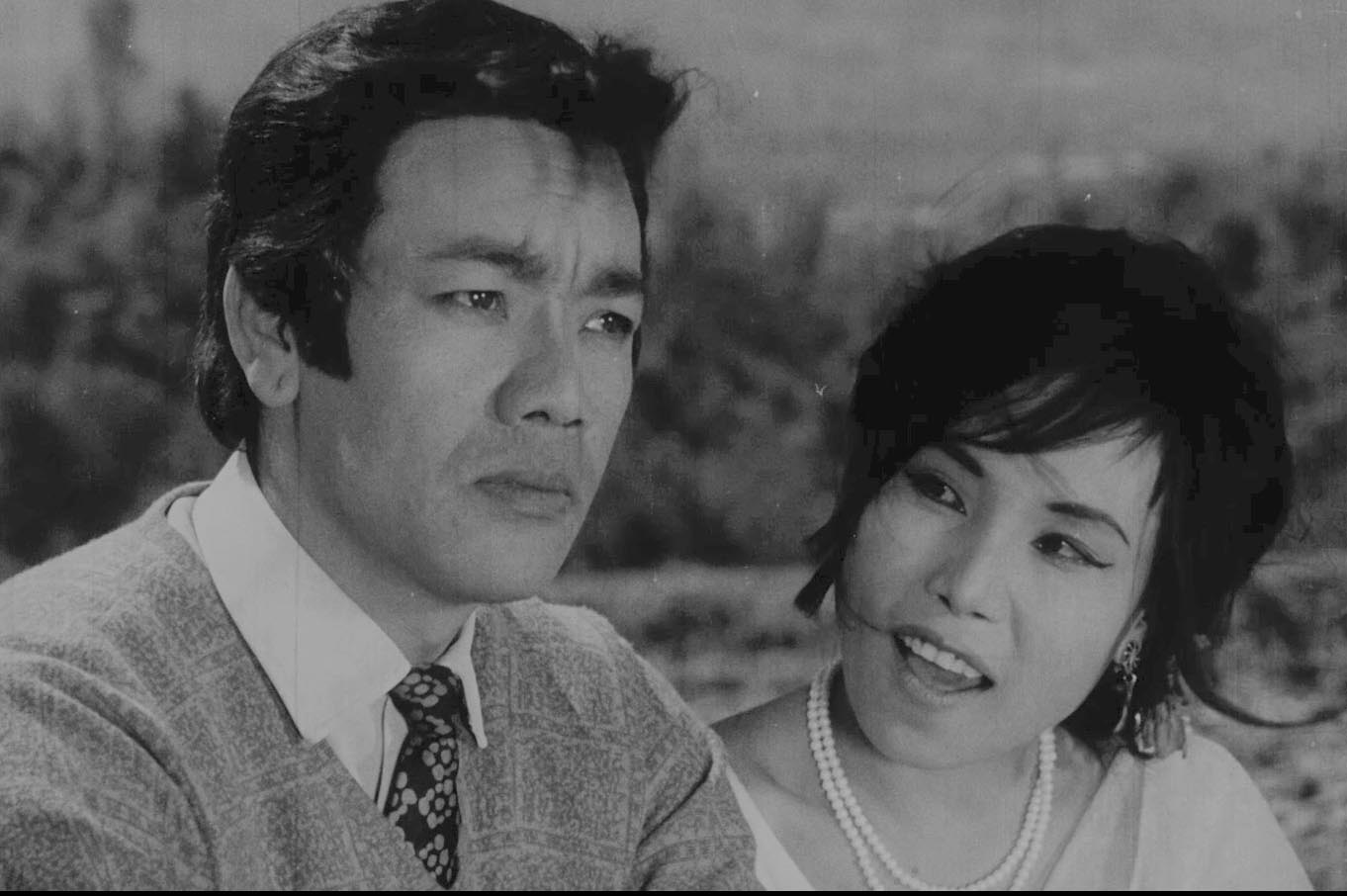In 2000, an article appeared that quoted a Japanese professor of literature and prominent book critic as saying, “In Japan, literature is no longer mainstream culture.”
That article also included the observation of a Japanese publishing industry expert: “The way to success in this business is in writing easy-to-read books, with short sentences, lots of slang and easy plots.”:
– Life nowadays goes at a gallop; and the way in which this affects literature is to make it extremely superficial and slovenly. (Schopenhauer,d.1860)
Does this mean that “writers” will someday be spending all their time churning out gossipy articles about the latest young rising movie star or up-and-coming pop singer? Or will they be putting in a lot of overtime “writing” the captions of oversized color photos of beauty pageant winners? Could articles ever be “easy” enough, or will visuals eventually triumph over text? Will readers begin believing that they exist only to be entertained and start thinking that something must be horribly wrong if they find themselves getting bored – for even half a second?:
– The decline in literature indicates a decline in the nation. The two keep pace in their downward tendency. (Goethe,d.1832)
– The supreme end of education is expert discernment in all things – the power to tell the good from the bad, the genuine from the counterfeit, and to prefer the good and the genuine to the bad and the counterfeit. (Samuel Johnson,d.1784)
– Reading expands the minds of children. … It allows us to use our imagination and helps us develop our critical thinking skills. (Phil English)
Once upon a time, wasn’t there a greater emphasis on reading because it was felt to promote critical thinking – not only teaching the necessity of distinguishing the true from the false, sorting fact from fiction, and recognizing the possible from the impossible, but also preparing us for tough moral choices that had to do with making a clear distinction between right and wrong, distinguishing the innocent from the guilty, and ultimately separating the good from the evil?
And whatever happened to cultural continuity? Electronic diversions might be great for economic good times, but don’t traditions provide us with the values and inner strength necessary to persevere and cope with the bad times? Wasn’t serious reading thought to be a tradition of traditions since the lessons learned from the literary masterpieces of the past served as a bridge between the generations? Didn’t the wisdom gained from the study and discussion of the classics encourage us to contemplate philosophical questions pertaining to the way of human nature, the way of the world and the meaning of life?:
– The failure to read good books both enfeebles the vision and strengthens our most fatal tendency – the belief that the here and now is all there is. (Allan Bloom,d.1992)
Isn’t anyone who is not doing all they can to preserve traditions, in effect hastening their demise? Do our notions of progress blind us to the values of the past and go on to make us neglect our literary heritage?
– What business has science and capitalism got, bringing all these new inventions into the works, before society has produced a generation educated up to using them! (Ibsen,d.1905)
Or has the unbridled spread of commercialism and technology transformed us from small groups of active amateur participants to a large single mass of professional passive spectators and nonstop consumers? Will future generations no longer concern themselves with such issues because their ability to read and think critically (or even clearly) will be long gone?:
– The tragedy of modern man is not that he knows less and less about the meaning of his own life, but that it bothers him less and less. (Vaclav Havel,d.2011)



